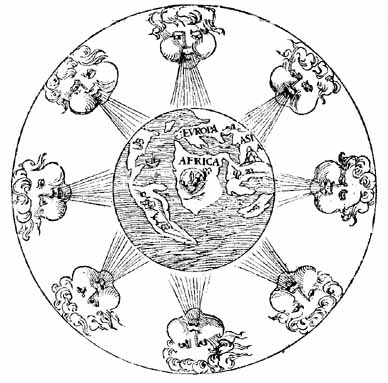STEP
SCIENCE AND TECHNOLOGY IN THE EUROPEAN PERIPHERY
STEP is a network of scholars with a special interest in the historical study of science, technology, and medicine in contexts regarded traditionally as peripheral.
STEP was established in Barcelona in 1999 by historians of science, technology, and medicine from Belgium, Denmark, Greece, Italy, Portugal, Russia, Spain, Sweden, Turkey. It has expanded since then to include members from Brazil, Mexico, Colombia, Japan, Hungary, Ireland, the Netherlands, Finland, Norway, Canada, USA, and France.
The centre-periphery divide is a concept with its own history, with roots on post-colonial modernization theories, cold war discourses, and present-day economical colonial practices. More important, it still permeates, implicitly or explicitly, the content and disciplinary structure of history of science, technology, and medicine.
In particular, the centre-periphery divide plays an important role in the choice of the geographical settings which are selected as objects of study within our discipline. The historiographical canon of science, technology and medicine is still shaped by a central focus on French, British, German, and increasingly US national narratives (“the big four”). The shift to local studies experienced in the last decades in our discipline has not weakened this selective prioritizing of contexts. As a result, the canon is still biased toward French, British, German, and increasingly American actors.
 STEP seeks to revise this bias by expanding the spectrum of geographical and cultural contexts of research and proposing new questions, themes and tools of analysis.
STEP seeks to revise this bias by expanding the spectrum of geographical and cultural contexts of research and proposing new questions, themes and tools of analysis.
This project is not about adding for the sake of adding. Neither does it seek to repair a historical ‘injustice’.
We truly believe that this aggrandisement will improve our historical understanding of the role of science, technology, and medicine in the emergence of modern techno-scientific societies.
In addition, STEP wants to contribute to build a truly European space of scholarship for our discipline open to approaches beyond national exclusivism and Western reductionism. Nowadays, discourses on the global are spreading all over in historiographical, disciplinary, and political discourse. Yet, the history of science, technology, and medicine is still a nationally based discipline. The localist turn, increasing deficits in multi-language skills among scholars, and the hitherto rare availability of comparative and cross-national studies might explain such a feature. The growing importance of postcolonial studies might help to fight this nationalization. But the core of our discipline is still afflicted by these problems.
STEP’s work is presented in biannual meetings and developed through annual workshops conducted by its research groups. STEP’s website and mailing list act as effective communication tools in-between events.
In the last decade, STEP research has covered topics as diverse as travels of knowledge, expertise, scientific education, universities, popularization, controversies, or national identities.
This collective endeavour has produced excellent research products which have been published as collective volumes and special issues in international peer-reviewed publications.
STEP’s research focus, pluralism, internationalism and openness as a group are guarantees which support its outstanding record and its future development.
